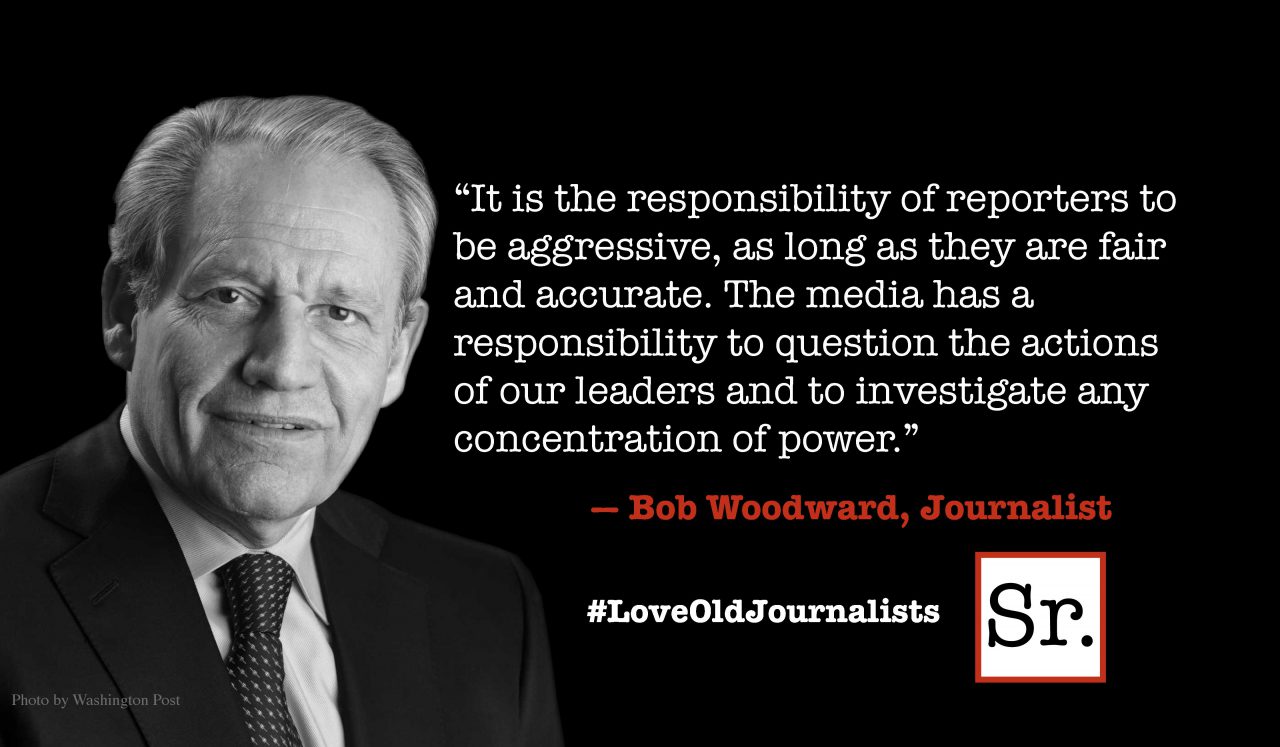I first noticed it when I was working on my Master's Degree in Business Management. The specially constructed language of business which made us look like good business students, that is. We would mostly use this special language with our professors and fellow students. Ultimately it would creep into the workplace and take on a life of its own, morphing into all kinds of dialects depending upon our area of expertise. We learned to weave these "impressive" words and phrases into our written and spoken communication, mystifying one another, and ourselves.
I suppose that's how words and phrases such as "drill down," "30,000 feet," "incentivize, monetize, budgetize, and operationalize," crept into our vocabulary. We began to refer to each other as users so often that some might think we were all selling drugs. When struggling to explain our services, we learned to refer to them as solutions, hoping that our solutions would meet up with the right problems so that we could conduct business. And of course, all of our solutions were "revolutionary."
And where would we be without such standards as "peeling back the onion," "win-win," "at the end of the day," "opening our kimono," "mission-critical," and "drinking the Kool-Aid."
Alas, we wonder why we have so many "communication breakdowns." It seems we've forgotten that language is meant to reveal, rather than to conceal.
Spewing these words and phrases with "the best in class," I challenged myself to break my dependency on "corporate speak." What would it be like to ban these kinds of words and phrases from marketing, sales, corporate communications, business schools, blogs, and boardrooms, wonder Handley and Chapman in their new book, Content Rules.
What language would we use if this tower of babble were to collapse? Might we learn to simplify our language, speaking precisely and concisely? Might we remember to simply Speak Human?
To break my addiction to Corporate Speak, I returned to a classic resource for writers: Strunk and White's The Elements of Style. Only 85 pages, as compared to my 500+ page business books, it was originally published in 1918 and updated in 1959. The authors challenge writers to Be Brief. Be Clear. Be Bold. What a great idea! Wish I had thought of it. Glad I remembered it.








